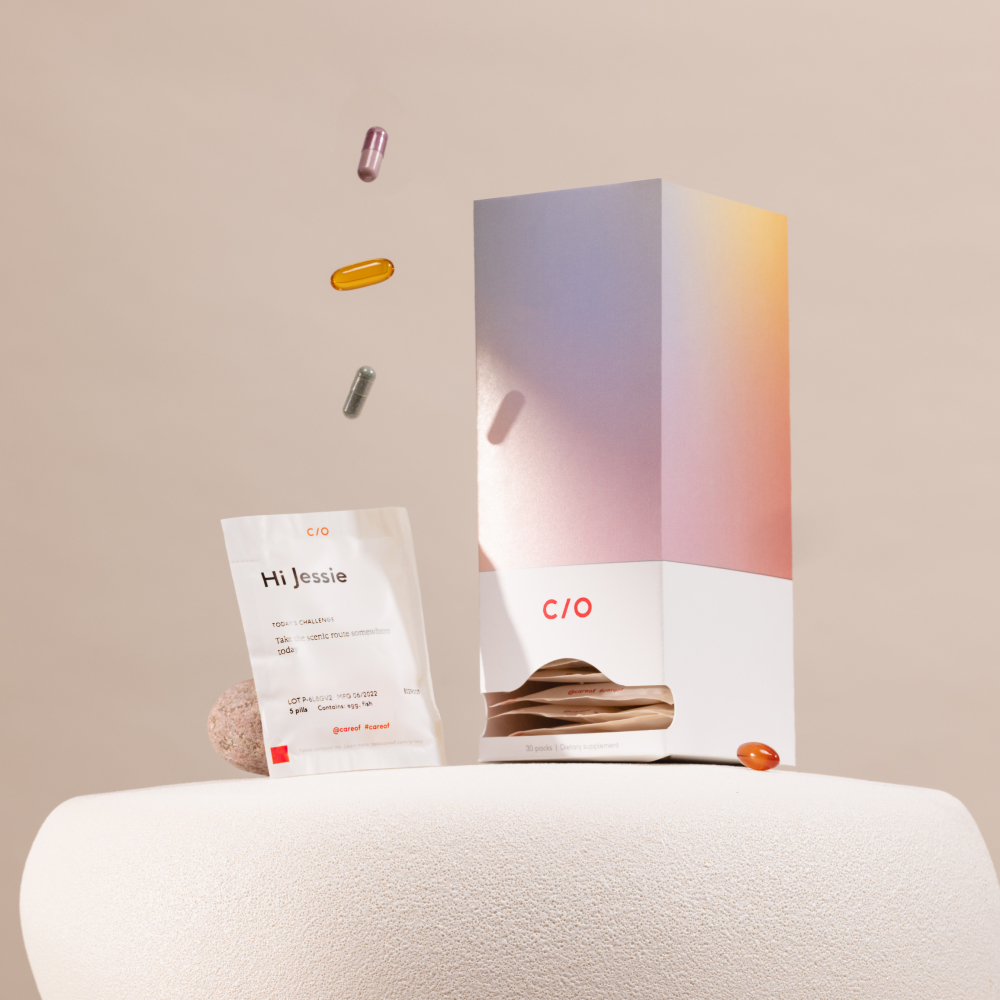science
How to Know if You’re Buying Good Supplements: A Simple Guide
On This Page

It’s important to make sure that the supplements you’re taking are high quality. To help you do so, we’ve flagged up some things to watch out for.
Whether browsing the internet or grocery store for supplements you are bound to find hundreds of options. Outside packaging may catch your eye, or even the name of the supplement. What really matters the most is what is inside. Knowing what to look for and how to choose the best option when it comes to supplements is important.
Food vs. supplementation
We have all heard of the saying “you are what you eat” and that is honestly the truth. You see, the food we eat is broken down into smaller nutrients by our digestive enzymes. And the nutrients from these foods are then used by our bodies to make cells, hormones, muscle, skin, hair, and so much more. Food is something that everyone needs to get proper nutrients and have optimal health. In fact, certain guidelines have been made to make sure our bodies have adequate nutrients to function properly. These guidelines are referred to as Recommended Dietary Allowances (RDA) or Adequate Intake (AI). The ultimate goal is to eat a variety of foods and have a balanced diet to meet the guidelines.
But what about when we eat things that are delicious but may not be as nutrient-dense? Or when we follow certain food restrictions due to dietary preferences or sensitivities? How do we ensure that we can give our bodies all the nutrients it needs? Supplements to the rescue! Supplements are not meant to replace your food, but can simply enhance your nutrient intake in addition to what you get from foods.
We are all selective and have preferences when it comes to what kinds of foods we eat and put into our bodies, so we should also be selective with the supplements we put in our bodies. There are so many supplements available, and so many nutrients, but not all of them are created equally. So here are some pro tips to guide you when you are selecting supplements to put into your body.
What to look for when choosing supplements
Form
Supplements come in a variety of forms and here are some of the best forms to look for. These forms are active, so they require fewer steps to be used or absorbed by the body. The best place to find this information is on the supplement fact label. Here are some examples of forms to look for:
- B vitamins. The B vitamin family consists of eight to nine vitamins (choline gets tagged along in this group). You want to look for these vitamins in their most active forms:
- B2 Riboflavin as Riboflavin-5-Phosphate, B6 as Pyridoxal-5-Phosphate, B9 (Folic acid) as Folate, B12 as methylcobalamin, and adenosylcobalamin.
- Vitamin C should ideally be food-derived and formulated to resemble vitamin C in food-based form, which will ensure optimal absorption. You should also look for bioflavonoids, which can also help boost or enhance the action of vitamin C.
- Vitamin D can be found in two forms D2 (ergocalciferol) and D3 (cholecalciferol) and the D3 form is more easily absorbed.
Other things to be aware of include fish oil, which should be from wild caught fatty fish. Minerals should be present in chelated form to ensure optimal absorption. And protein powders, like collagen and whey, should come from grass-fed cows for optimal quality.
Potency and dosage
The potency and dosage of supplements vary depending on the product. However, you should look for the doses that are either helping you get to your Recommended Daily Allowance or doses that have been backed by studies and clinical trials.
Purity and quality
Purity is really important when it comes to supplements. You always want to be sure that the company is testing their ingredients to make sure what is listed on the label is in the supplement for safety reasons. You don’t want anything that can decrease the quality of the supplements.
What you should do before purchasing supplements
Always look at the label of other supplements you may already be taking so you avoid taking too much of one nutrient. Look out for any ingredients you may have allergies or sensitivities to. (Below the supplement label is usually where other ingredients are listed.) If you are following a plant-based diet, you may want to make sure no animal-derived products are in your supplements.
Speak to your doctor
Be sure to talk to your doctor about what you are taking or considering adding your regimen so you are all on the same page. This is especially important if you are pregnant, planning to become pregnant, breastfeeding, taking other medications, managing health conditions, or simply getting blood work done. Your doctor is an ally on your journey to optimal wellness.
Supplement testing quality
You can look at a few factors, such as testing. Testing is important to make sure the quality of ingredients are present to ensure potency without any bias. Here at Care/of, supplements are tested multiple times throughout the manufacturing process to ensure optimal quality. You can also find transparency with our sourcing and know where the raw materials come from.
What to avoid when choosing supplements
If quality is the goal you want to avoid forms of vitamins and supplements that are not well absorbed. Artificial colors, artificial sweeteners, GMO ingredients, and harsh chemicals or solvents that may be used during the extraction process.
How to store supplements
The best thing you can do for your supplements is to store them in a cool dark area, away from humidity. Always read the label as some supplements may have more specific storage instructions such as refrigeration.



